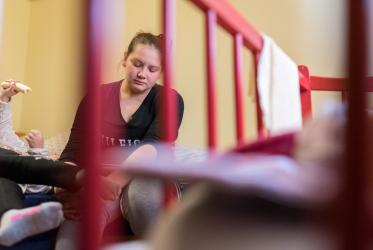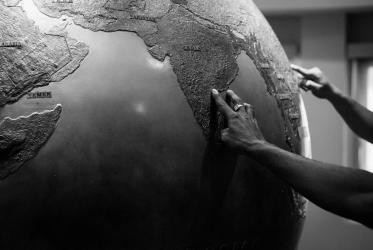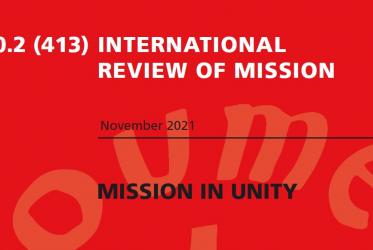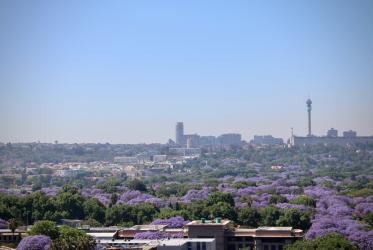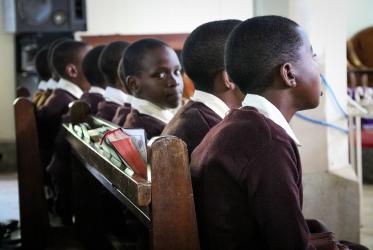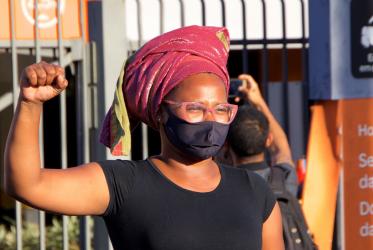Displaying 41 - 60 of 351
Upcoming webinar will focus on COVID-19 and caste discrimination
24 February 2022
Church of Sweden publicly apologises for abuse of Sámi people
26 November 2021
Webinar: “Climate Justice, Food, and Faith”
09 November 2021
Webinar discussion precedes Africa & African Diaspora Conference
21 October 2021

